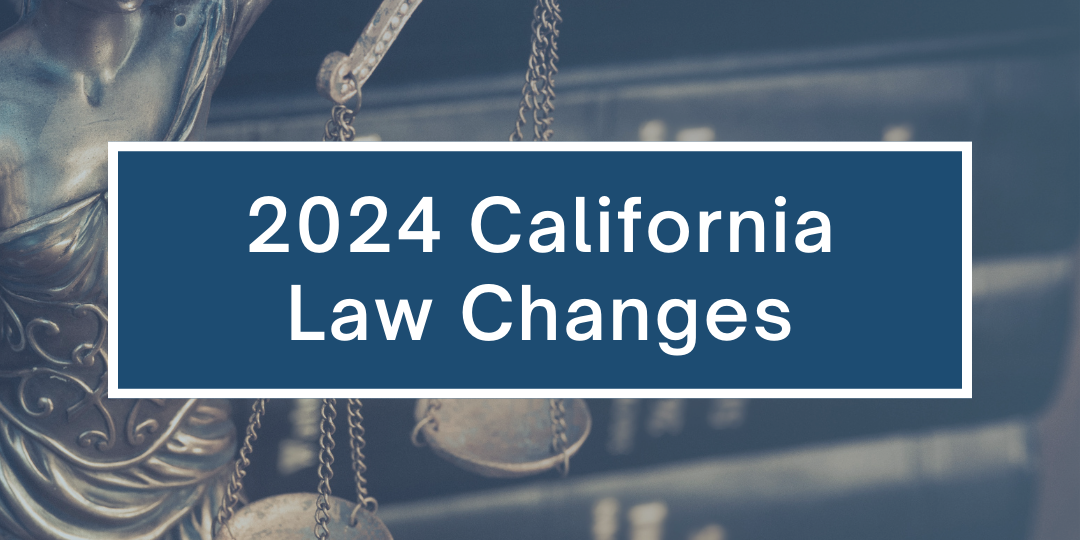Dear Members,
We want to ensure you’re well-informed about upcoming legal changes that will impact you. Here’s a friendly update on important employment law changes in California effective on January 1, 2024.
Section 1: SB 616 – Increase in Sick Leave Requirements Starting in 2024, employees in California will be entitled to 40 hours or 5 days of sick leave per year, an increase from the previous 24 hours or 3 days. Employers can still require a 90-day waiting period before employees can use this sick leave. Various methods can be used for compliance, including accrual or front-loading, and combining sick leave and vacation into a Paid Time Off (PTO) bank is allowed. Unused sick leave may not need to be paid out at employee separation.
Section 2: SB 699 and AB 1076 – Restrictions on Non-Compete Agreements California generally voids employment non-compete agreements, with narrow exceptions during the sale of a business, dissolution of a partnership, or termination of a limited liability company. SB 699 makes non-compete agreements unenforceable for applicants who signed them in another state, even if their previous employment was outside of California. AB 1076 voids non-compete agreements and requires employers to notify affected employees. Employers must provide this notice by February 14, 2023.
Section 3: SB 848 – Leave for Reproductive Loss Employers with five or more employees must provide employees who have worked for at least 30 days and experienced reproductive loss (miscarriage, failed surrogacy, stillbirth, etc.) with five days of leave. This leave can be unpaid, but employees can use accrued paid sick leave. If an employee experiences multiple reproductive losses within a 12-month period, the employer is not required to grant more than 20 days of leave within that time frame.
Section 4: Drug Testing and Marijuana Use (AB 2188 and SB 700) AB 2188, effective January 1, 2024, prohibits employers from discriminating against employees based on lawful off-duty marijuana use and from using traditional drug tests to detect marijuana use. Employers can still prohibit marijuana possession, impairment, or use during work hours. SB 700, effective January 1, 2024, makes it unlawful for employers to request information about prior marijuana use. Certain employers are exempt from these laws.
Section 5: SB 497 – Presumption of Retaliation for Whistleblowers SB 497 amends the Labor Code to establish a presumption of retaliation by employers if an employee is disciplined or terminated within 90 days of engaging in certain protected activities, including disclosing wages, complaining about unpaid wages, or making bona fide complaints about wages to the Labor Commission. Employers can rebut this presumption by demonstrating legitimate and non-retaliatory reasons for their actions.
We hope you find this information helpful as we go into the new year. Click HERE for more information and where we got our information.








